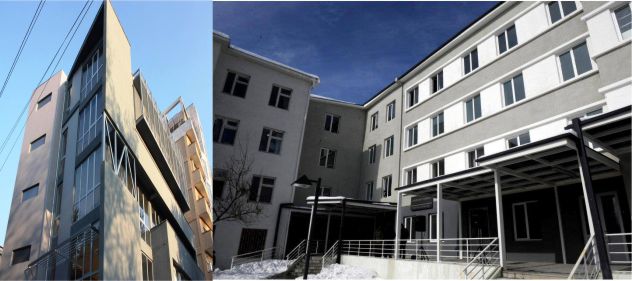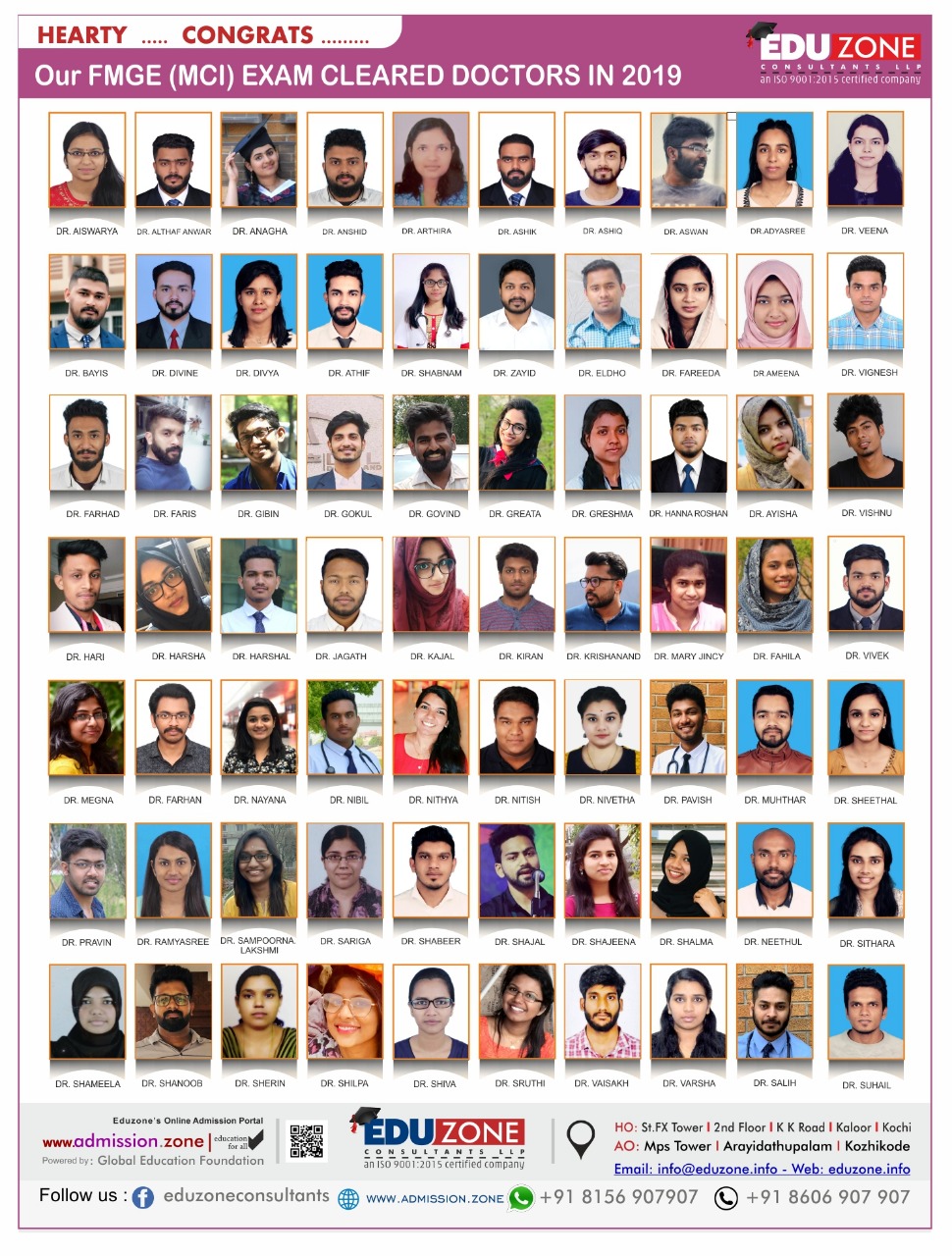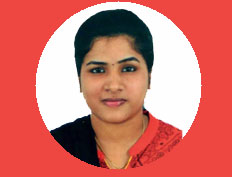
NEW VISION UNIVERSITY - GEORGIA
The mission of the NVU shall be the expansion of human vision through promotion of education, research and innovation.
Scope of Activities
The institution operates as a nonprofit educational institution. Any other activities, not prohibited by law shall serve as the auxiliary media for the discharge of the foregoing.
All the revenues acceptable under the law in force of Georgia, shall be fully disbursed for the attainment of the goals of the institution.
Goals
The main goals of the NVU shall be:
Offering the educational programmes promoting the free development of an individual: “A student creates his/her own profile”: The educational programmes are oriented on the free choice of a student to develop the desirable competencies in the major field of study and acquire an additional specialty or arrange for free concentration of the components of various programmes;
Promotion of the establishment of the standards of academic integrity, encouragement of the research activities of the NVU academic personnel and integration of students into this process
Development of the various models of introduction of novelties.
New Vision University Medical Doctor (MD) Program
The objective of the Undergraduate program at NVU School of Medicine (360 ECTS Credits) is to develop caring, competent, confident medical doctors through outcome-based teaching approach ensuring high quality of health care and biomedical research in academic, in- and out-patients settings. To meet global standards of medical education set by World Federation of Medical Education, and defined by TUNING/MEDINE learning outcomes for undergraduate medical education.
The program is based on the principles of outcome-based education implying that teaching, learning, assessment are conducted on the basis of pre-defied competencies of graduates, i.e. any detail of the education process is defined in accordance to the “top-bottom” principle. Based on this educational approach competencies of graduates will be fully compatible with international standards of medical education. MD curriculum at NVU School of Medicine is partly integrated and corresponds to the eighth step of eleven-step scale of the integrated curriculum defined by R. Harden - means that curriculum contains both discipline-oriented and integration components (integrating sessions) with the prevalence of the latter. Alongside with integration, development of clinical skills will take place in clinical skills lab and in clinical settings. Substantial amount of credits is allocated for teaching research methodology.
Teaching and learning methods during the study at NVU Medical School:
Inter-active lectures, seminars, workshops;
Bedside teaching;
Use of simulators and relevant software at Clinical skills lab;
Playing patient’s or doctor’s roles;
Laboratory teaching;
Presentations;
Participation in research;
Night calls.
Evaluation of students knowledge and skills is performed by oral exams, MCQ tests, OSCE, portfolio and presentations. Graduates will acquire the following competencies:
Carry out a consultation with a patient;
Assess clinical presentations, order investigations, make differential diagnoses, and negotiate a management plan;
Provide immediate care of medical emergencies, including First Aid and resuscitation;
Prescribe drugs; Carry out practical procedures;
Communicate effectively in a medical context;
Apply ethical and legal principles in medical practice;
Assess psychological and social aspects of a patients illness;
Apply the principles, skills and knowledge of evidence-based medicine;
Use information and information technology effectively in a medical context;
Apply scientific principles, method and knowledge to medical practice and Research;
Promote health, engage with population health issues and work effectively in a health care system.















